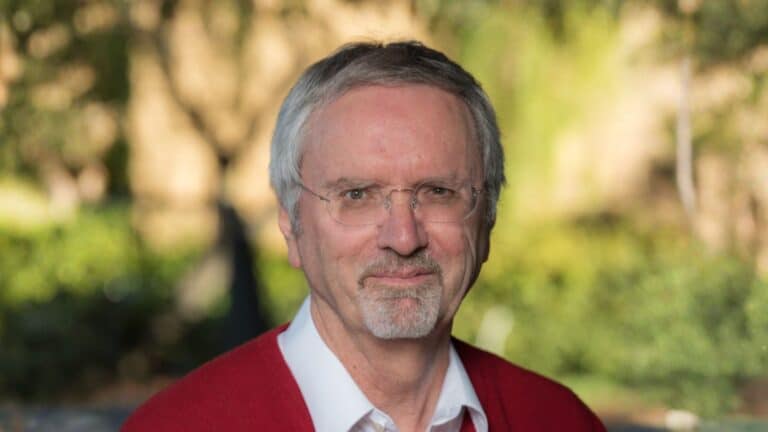This website uses cookies as well as similar tools and technologies to understand visitors’ experiences. By continuing to use this website, you consent to Columbia University’s usage of cookies and similar technologies, in accordance with the Columbia University Website Cookie Notice.
Last week in Texas, millions of people experienced the loss of power during a recording-shattering cold snap and series of winter storms. Pundits and politicians have peddled ideologically driven narratives about what factors and energy sources deserve the blame for the catastrophic and life-threatening cascade of failures. Lawmakers and regulators have called for investigations into why the energy grid failed so miserably, and it will take some time to unpack the causes and consequences of last week’s crisis.
In this edition of Columbia Energy Exchange, host Jason Bordoff is joined by Cheryl LaFleur and Jesse Jenkins, two experts who have deep expertise in electricity and energy systems, for a deep dive into what we already know and what we don’t know about what happened in Texas.
Cheryl LaFleur is a Distinguished Visiting Fellow at the Center on Global Energy Policy. She is also a member of the Board of Directors of the Independent System Operator of New England (ISO-NE), the organization that plans and operates the power system and administers wholesale electricity markets for the New England region. Previously, Cheryl was one of the longest-serving commissioners on the Federal Energy Regulatory Commission (FERC), twice serving as its chair.
Jesse Jenkins is an assistant professor at Princeton University with a joint appointment in the Department of Mechanical and Aerospace Engineering and the Andlinger Center for Energy and Environment. He is a macro-scale energy systems engineer and leads a Princeton Lab focused on energy systems modeling to evaluate technology and policy options for net-zero emissions energy systems. He is a coauthor of a recent study from Princeton modeling scenarios to achieve net zero emissions in the US by 2050, which you can read more about in the cover story of this week’s Economist.
More Episodes
Oil and Venezuela: What’s Next?
Early on January 3, 2026, the United States apprehended Venezuelan President Nicolás Maduro and his wife and removed Maduro from power. Maduro was transported to New York, where he now faces federal charges of narco-terrorism and drug trafficking.

Editor’s Pick: Sean Casten on US Energy Policy in a Partisan Era
This has been a crucial year for US energy policy. The passage of the One Big Beautiful Bill Act eliminated many of the clean energy incentives that were...

Luisa Palacios and Eddie Fishman on the US Pressure Campaign on Venezuela’s Oil
Over the past week, President Trump has intensified pressure on Venezuelan president Nicolás Maduro by targeting the regime’s economic lifeline—oil. The United States has seized two oil tankers...

From Hot Rocks to Clean Power: Roland Horne on the Future of Geothermal
If it seems like you're hearing a lot more about geothermal energy lately, that's because this clean, firm energy source is at a technological turning point. With roots...

Relevant
Publications
Venezuela-China Oil Ties Severely Impacted by US Action
The US intervention in Venezuela may jeopardize both the flow of discounted Venezuelan oil to China's teapot refineries and the role of Chinese oil companies in Venezuela’s upstream business.

Why ‘Taking’ Venezuela’s Oil Hurts U.S. Energy Security
In discussing the dramatic seizure of Venezuelan President Nicolás Maduro and his wife, Cilia Flores, over the weekend, President Donald Trump declared that the United States would now “take back” the country’s oil. Yet he has offered little clarity on what exactly this means.

Venezuela: The Post-Maduro Oil, Gas and Mining Outlook
The country could see a relatively rapid recovery of some oil production, depending on the leadership that emerges.

Q&A on US Actions in Venezuela
Early on 3 January 2026, the United States launched a military operation to arrest President Nicolás Maduro and remove him from Venezuela.

